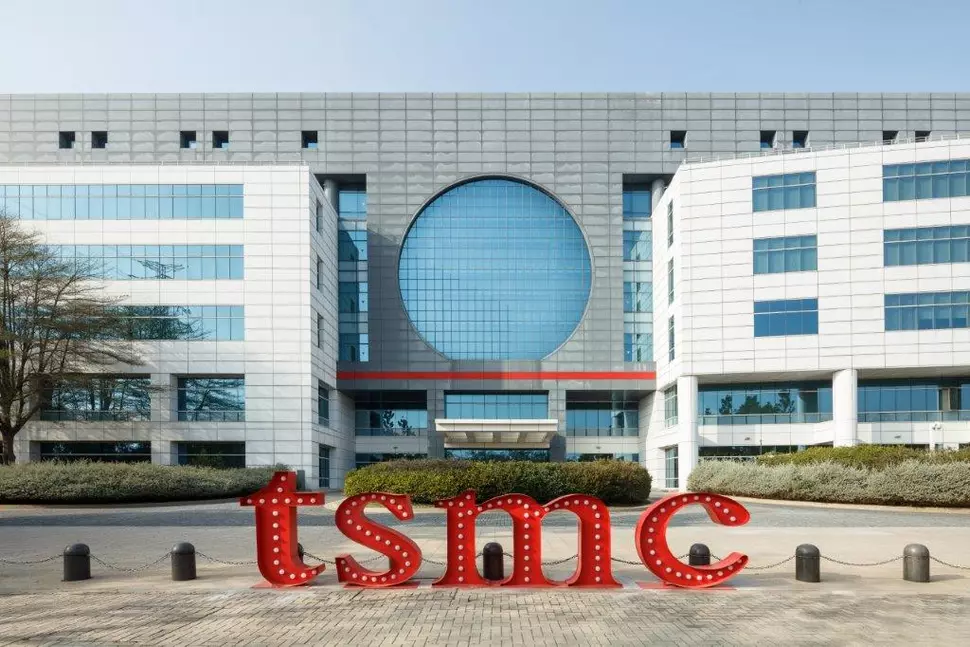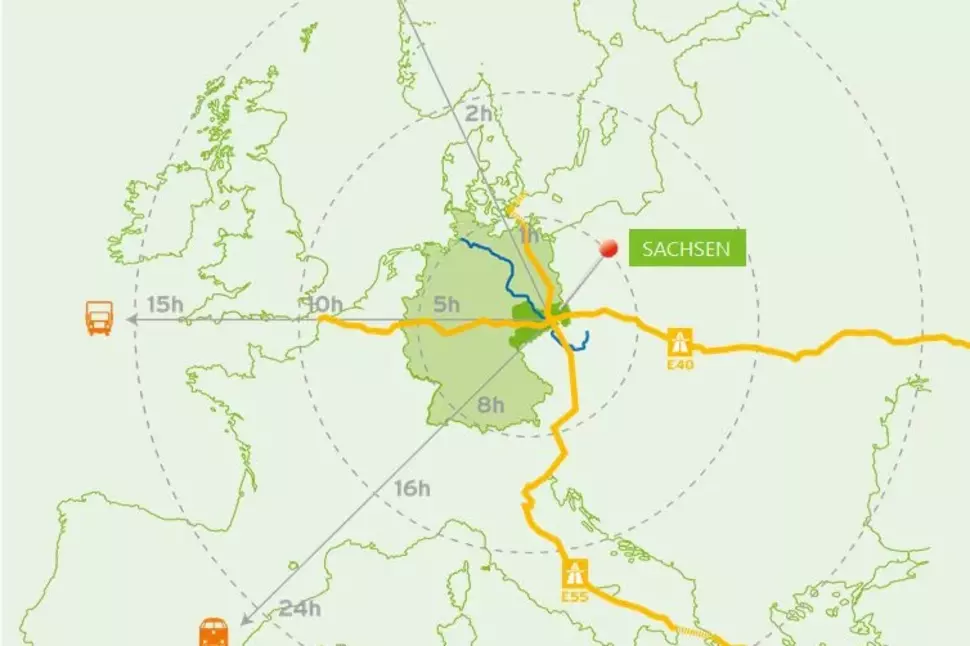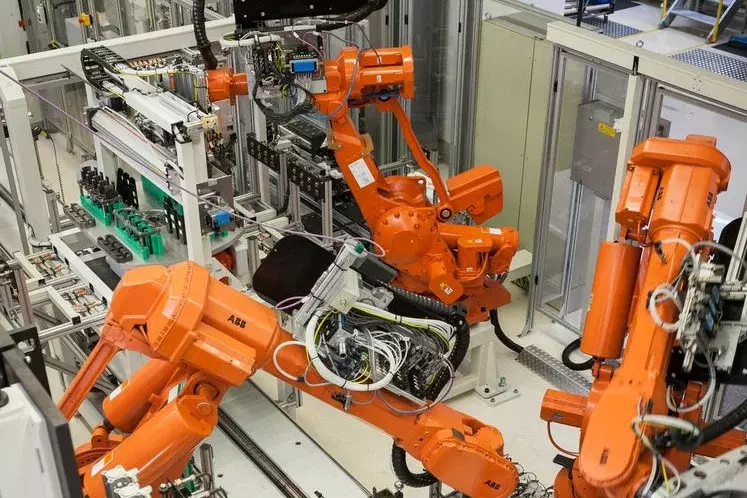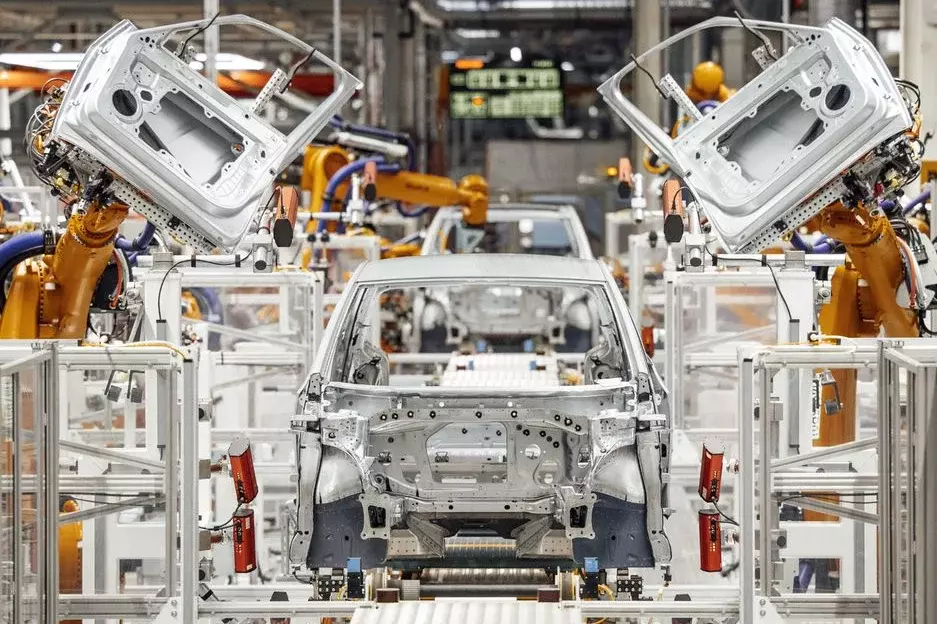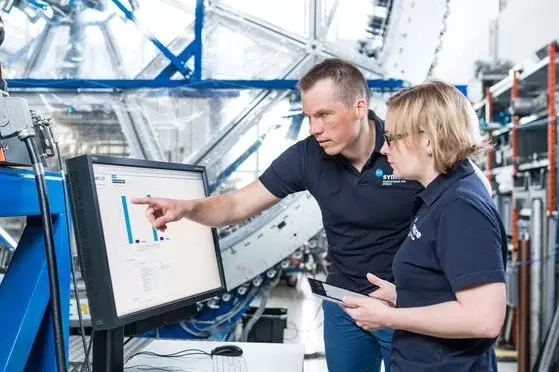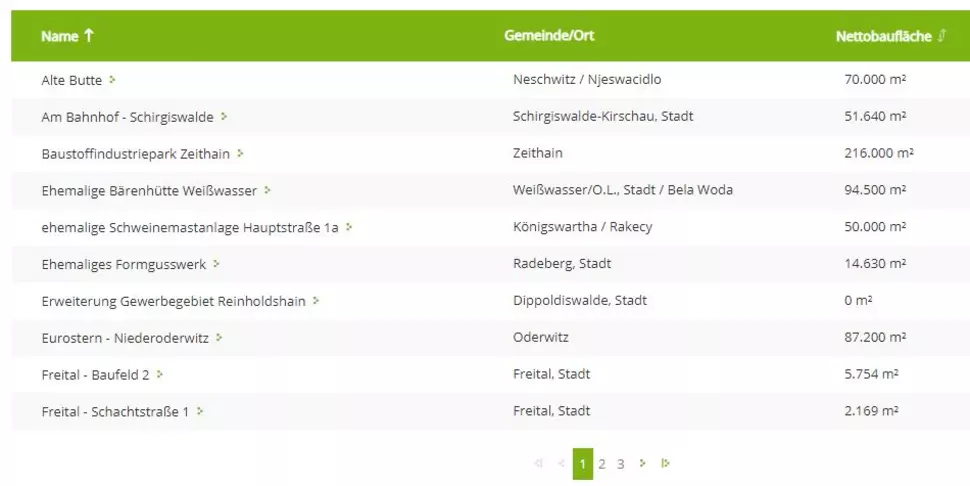A Business Location at Its Best
Saxony gets businesses moving. In one of Europe's "Strong Innovator" regions, highly motivated, excellently trained specialists put innovative ideas into practice in the shortest possible time. Products are shipped around the world around the clock from the DHL Europe Air Freight Hub in Leipzig.

Want to know more? Then ask us.

Dr. Uwe Lienig
Industry, Innovation & Marketing
+49-351-2138 201

Andreas Lippert
Investor Services
+49-351-2138 211
